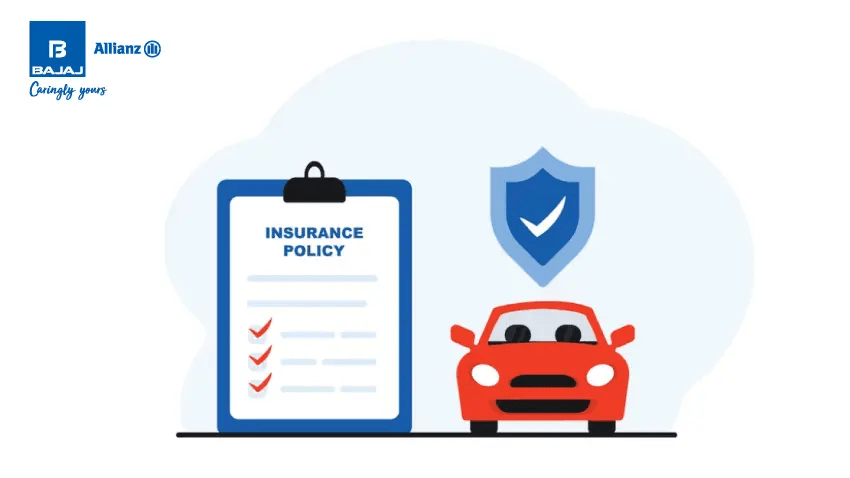As a vehicle owner, the registration of your vehicle is a mandatory requirement to drive legally on the roads. This registration must be done at a Regional Transport Office (RTO) that issues a unique identity to your vehicle, known as the registration number, printed on your vehicle’s registration certificate. This registration certificate is a valid document to identify your specific vehicle. Hence, whenever you plan on buying a vehicle, it is essential to get it registered with the appropriate RTO. The registration number remains the same even after transferring your vehicle to a different owner.
Before a permanent registration number is issued for your vehicle, the auto dealer provides a temporary registration number known as the ‘TC number’. It is valid only for a period of one month before which the vehicle must be registered at the local RTO. In addition to registering your vehicle, you need to also buy a
motor insurance policy, which is a mandatory requirement by the Motor Vehicles Act. Selecting the right policy must be based on your coverage requirements. Let’s look at the process to register your vehicle before which you need to have a certain set of documents.
Also Read: Car Accident Insurance Claim Process
Documents That Are Required for Registration of Your Vehicle
The following documents are mandatory, without which registration is not possible. They are as follows:
1. Form 20
It is a form for the application of registering new vehicles.
2. Form 21
It is the sale certificate that is issued by your vehicle dealer.
3. Form 22
Another form that is issued by the manufacturer providing the roadworthiness of your vehicle.
4. PUC certificate
This certificate is the one that ensures that the pollution levels for your vehicle are within admissible limits. It is not required for brand new vehicles off the factory floor, but for vehicles older than a year or that are due for re-registration.
5. Insurance policy
A
four wheeler insurance or
two wheeler insurance policy is a mandatory requirement, without which the registration cannot be made. It is a legal requirement by the Motor Vehicles Act.
6. Temporary registration certificate
Till the time a permanent registration number is issued, the dealer provides a temporary registration number.
7. Form 34
In case your vehicle’s purchase is financed by a lender, this form mentions such details of hypothecation.
8. Personal documents
Other than the above-listed documents, personal documents like PAN of the dealer, manufacturer’s invoice, vehicle owner’s photograph, identity proof, address proof, chassis and engine print are the documents that are required.
Also Read:
Important Factors of Car Insurance Claim Settlement Ratio
Step-By-Step Guide for the Vehicle Registration Process
Irrespective of whether your vehicle is new or pre-owned, a registration certificate is mandatory and remains valid for a period of 15 years. For pre-owned vehicles, while the registration number remains the same, only the ownership is transferred from the old owner to the new one. Here’s how you must get your vehicle registered:
- First, take your vehicle to the nearest RTO.
- Request for an inspection by filling out the necessary forms as mentioned above. This includes forms 20, 21, 22 and 34 in case of hypothecation. Along with these forms, you need to provide copies of personal documents too.
- After submission of the above documents, the RTO officials will take an imprint of the chassis number and engine print.
- Pay the requisite fees and road-tax, based on the category of vehicle.
- This data is then verified, following which, the registration certificate is sent via registered post at your residential address.
* Standard T&C Apply
Also Read:
The Add-On Coverages in Car Insurance: Complete Guide
Conclusion
If you are buying a new vehicle, the entire process will be executed by the auto dealer, minimizing hassles. However, you are required to carry out this process on your own accord for re-registration of the vehicle. Insurance is the subject matter of solicitation. For more details on benefits, exclusions, limitations, terms and conditions, please read sales brochure/policy wording carefully before concluding a sale.
 Service Chat:
Service Chat: 

